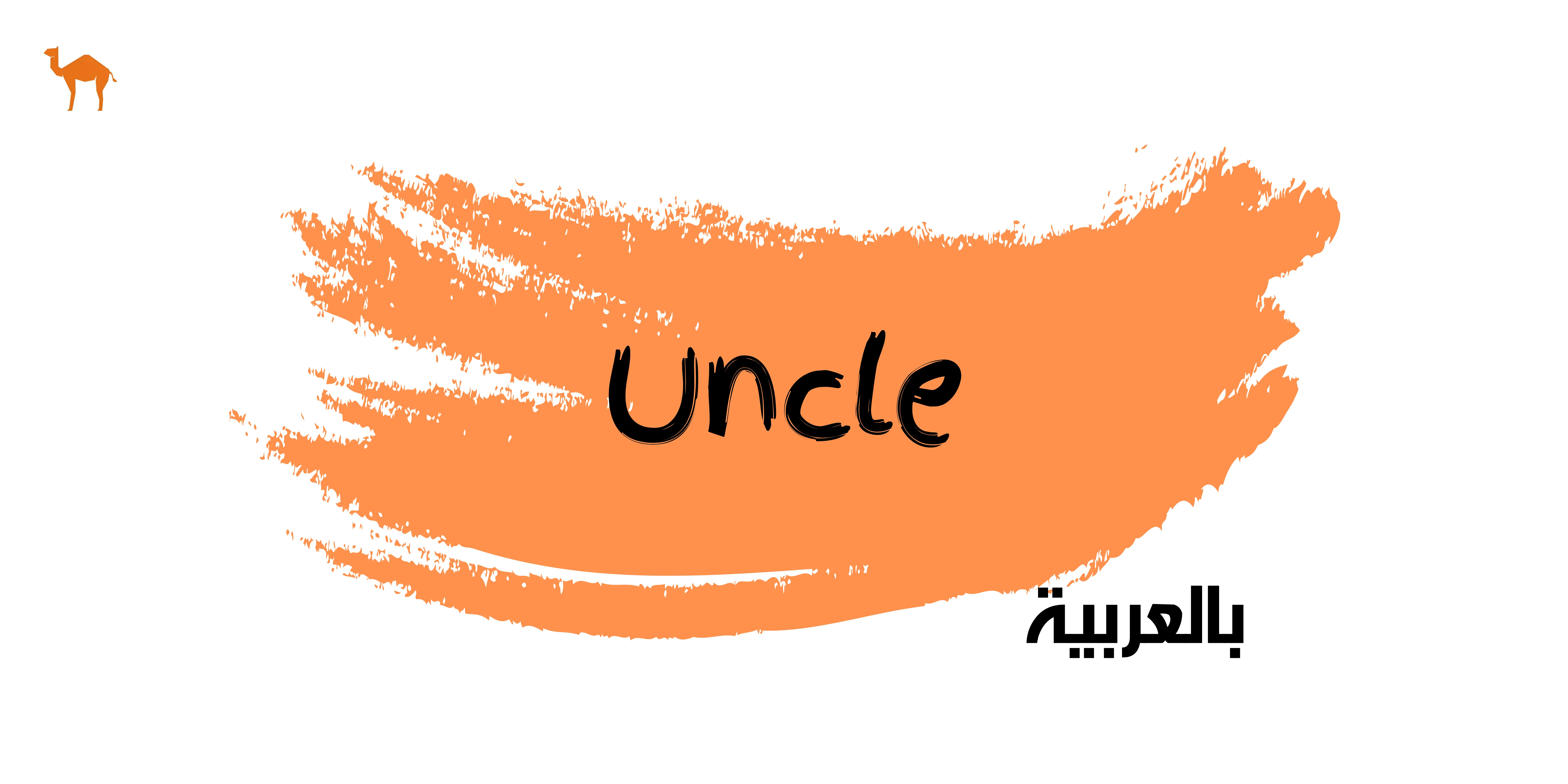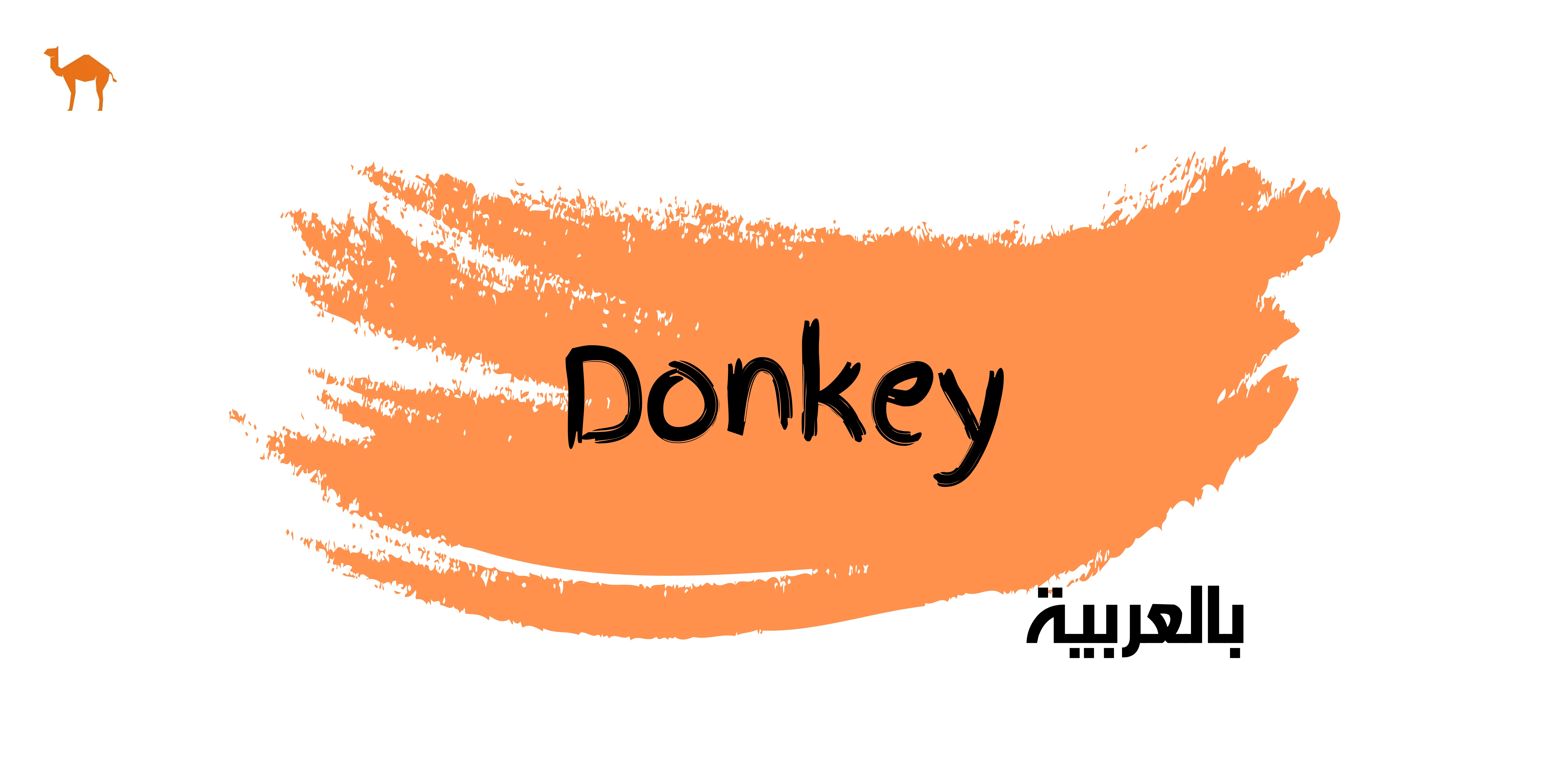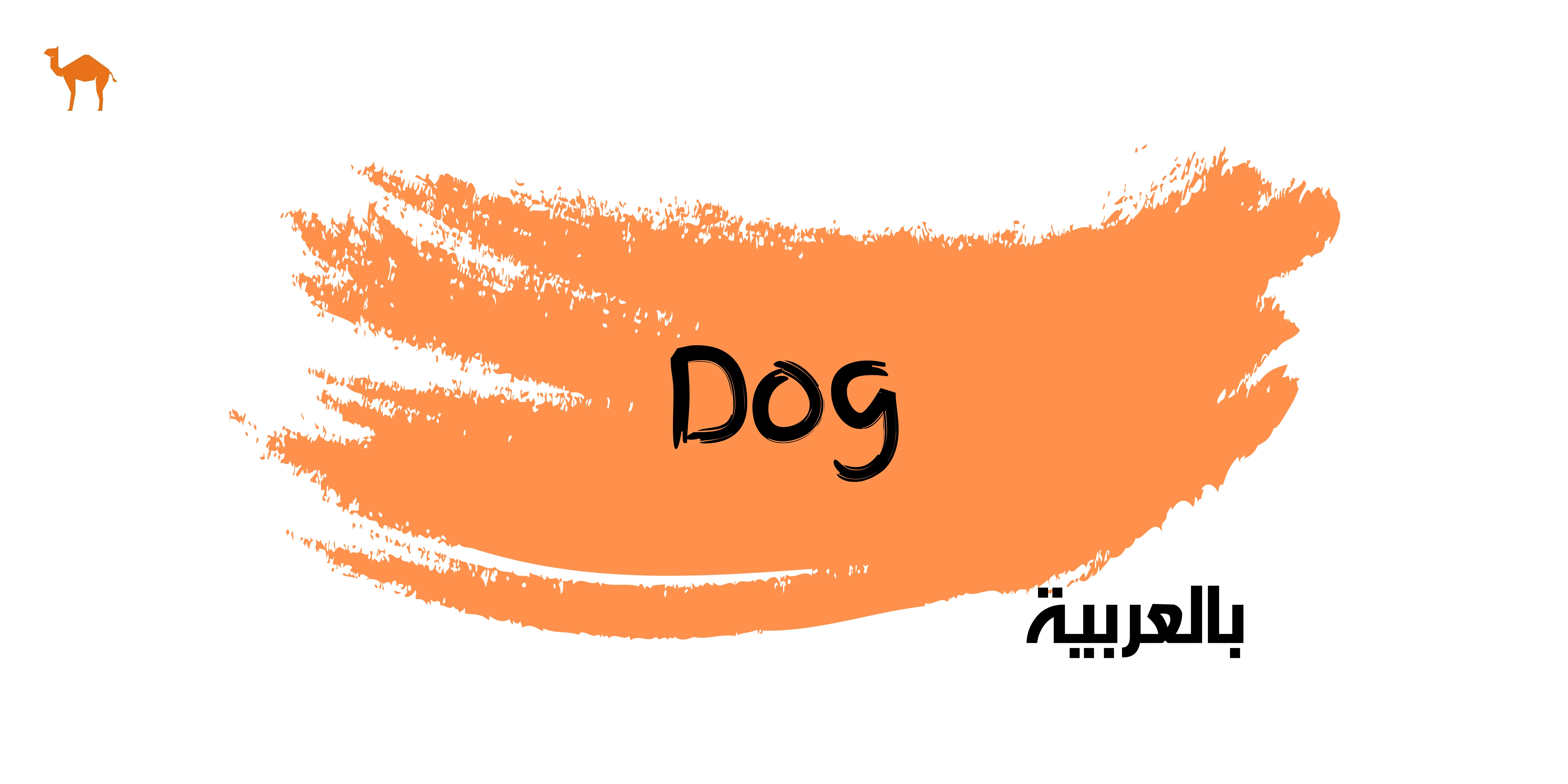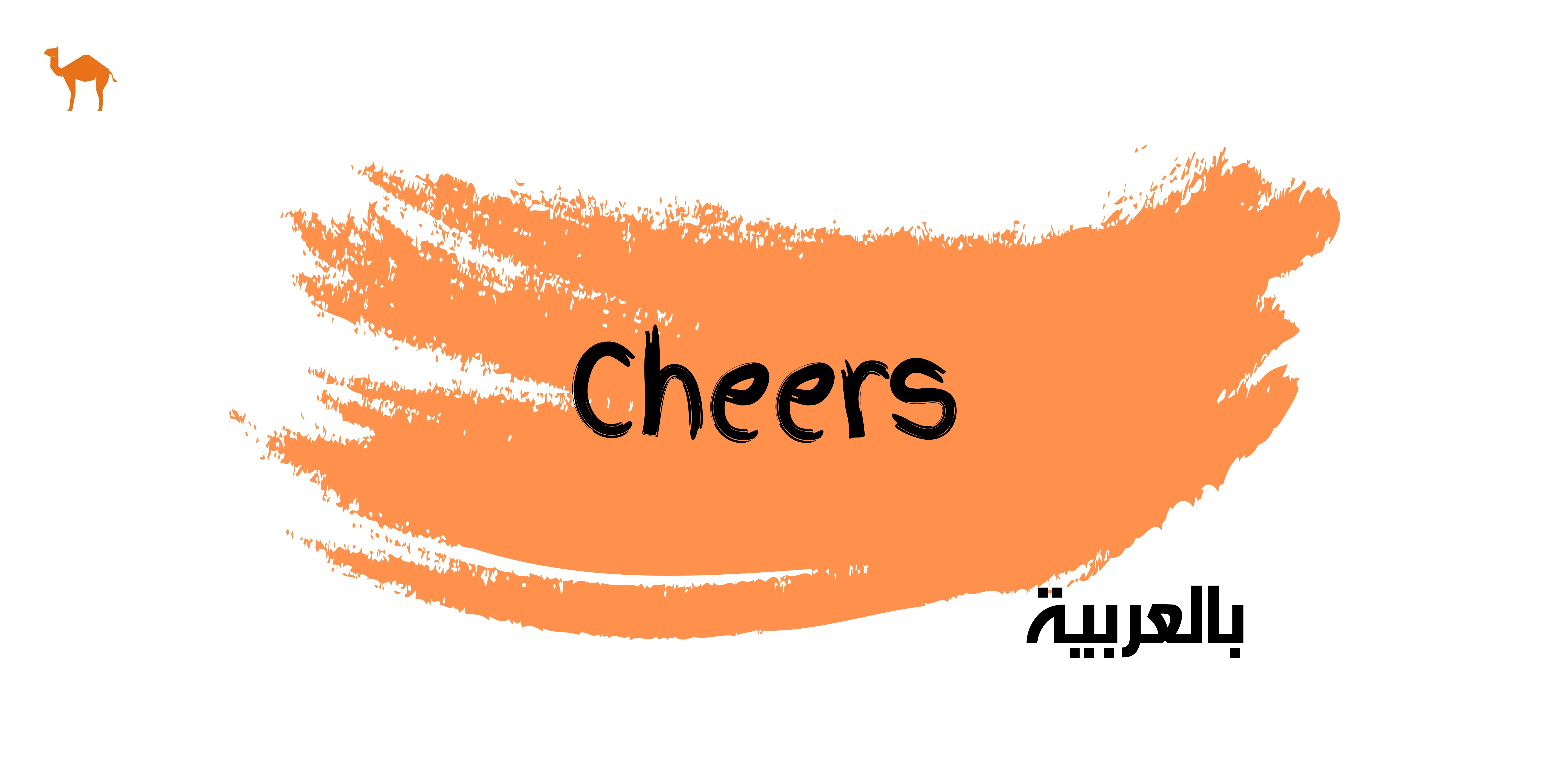How to Say 'Uncle' in Arabic

"Uncle" is a singular term for both paternal and maternal uncles, Arabic distinguishes between the two with specific terms. Additionally, the language offers various expressions for "uncle" that reflect respect and affection. In this article, you will learn easily how to say uncle in Arabic.
How to Say Uncle in Arabic
In Arabic, "uncle" can be expressed in different ways depending on whether you're referring to your father's brother, your mother's brother, or an older man in a respectful manner. Here’s how to say "uncle" in various contexts:
- عَمّ ('amm) - Father's brother
Example: ".عمي يعمل في المدينة" ('ammī ya'mal fi al-madinah.) — "My uncle works in the city." - خَال (Khaal) - Mother's brother
Example: ".خالي يعيش في الخارج" (Khaali ya'ish fi al-kharij.) — "My uncle lives abroad." - عَمُّو ('ammo) - Respectful term for an older man
Example: ".عمو أحمد يحب الأطفال" ('ammo Ahmad yuḥibbu al-atfaal.) — "Uncle Ahmad loves children."
In Arabic, "uncle" can be translated as:
- عَمّ (pronounced "'amm") – This refers to your father’s brother.
- خَال (pronounced "khaal") – This refers to your mother’s brother.
- عَمُّو (pronounced "'ammo") – A more informal or affectionate term for any older man, sometimes used for both paternal and maternal uncles.
How to Say Uncle in Arabic Dialects
Egyptian
Egyptian Arabic, also known as 'Masri' or Egyptian colloquial Arabic, is a spoken dialect of the Arabic language primarily used in Egypt. It is distinct from Modern Standard Arabic (MSA), the formal written language used in literature, media, and official communication across the Arab world.
- عمو ('ammo)
Example: ".بحب عمو أوي" (baheb 'ammo awi.) — "I love my uncle so much." - خالو (khalo)
Example: ".خالو بيجيب لنا هدايا دايمًا" (khalo begeeb lena hadaya dayman.) — "My uncle always brings us gifts."
Gulf (Khaliji)
Gulf Arabic refers to the Arabic dialect spoken in Saudi Arabia, Kuwait, Bahrain, Qatar, the United Arab Emirates, Oman, and parts of Iraq and Iran. It's also known as Khaliji.
- عمي ('ammy)
Example: ".يزورنا عمي في الأعياد" (yezourana 'ammy fe el 'ayaad.) — "My uncle visits us during the holidays." - خالي (khaly)
Example: ".خالي يشتغل دكتور" (khali yeshtaghal doktour.) — "My uncle works as a doctor."
Levantine
Levantine Arabic refers to the variety of Arabic dialects spoken in the Levant region, which includes countries such as Syria, Lebanon, Jordan, Palestine, and parts of Iraq. It's one of the major branches of Arabic dialects.
- عمي ('ammy)
Example: ".عمي كتير طيب" ('ammy keter tayeb.) — "My uncle is very kind." - خالي (khaly)
Example: ".خالي بيعيش جمبنا" (khaly bee'aesh gambna.) — "My uncle lives next door."
Darija (Maghrebi)
"Darija" refers to the Arabic dialects spoken in the Maghreb region of North Africa, including Morocco, Algeria, Tunisia, Libya, and Mauritania.
- عمي ('ammy)
Example: ".عمي عزيز علينا بزاف" ('ammy 'aziz 'alina bzaaf.) — "My uncle is very dear to us." - خالي (khaly)
Example: ".خالي كان في عطلة" (khaly kan fi 'utla.) — "My uncle was on vacation."
Explore the richness of the Arabic language and culture with eArabic.io's online courses tailored for learners worldwide, whether you're a beginner or an advanced student, our comprehensive curriculum and expert instruction provide an immersive learning experience accessible from anywhere. Dive into the program in Arabic, designed to deepen your understanding and proficiency in this vital language. Book a free Arabic lesson!


